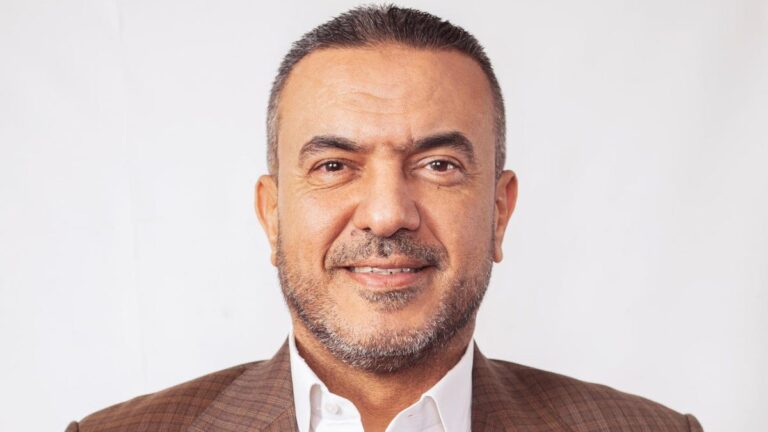Mohamed Abdel-Motaleb Soliman, Head of NBA Africa
NBA Africa named Mohamed Abdel-Motaleb Soliman as Vice President and Head of NBA Egypt on December 13th, and announced a new office in Cairo, which will mark the fourth office on the continent of Africa.
The league’s efforts in Africa, including introducing the Basketball Africa League (BAL) in 2021, could open the door for more interest in the sport moving forward, as well as more talent production from Africa.
NBA Africa CEO Victor Williams echoes that sentiment.
“The launch of our fourth African office in Cairo reflects our belief in the enormous potential for basketball and the NBA in Egypt,” he said.
According to the NBA’s press release, Soliman, a former captain of the Egyptian National Basketball Team, will help “oversee the league’s basketball and business development initiatives in Egypt, including grassroots programming for youth and elite players, relationships with current and prospective marketing, media and merchandise partners, and social responsibility efforts across the country.”
In short, Soliman’s mission is to turn Egypt into a basketball hotbed, both in terms of player development, but also for the NBA’s brand to spread in the country.
Currently, only two NBA players in history have been born in Egypt. Alaa Adbelnaby, who played five seasons from 1990 to 1995, and who currently works as a color analyst covering the Philadelphia 76ers, and Abdel Nader, who last year played for the Phoenix Suns and has over 200 games on the resume.
It’s a tall task to turn Egypt into a basketball interest point, when considering they rank just 55th on FIBA’s world ranking. Most countries either need to have strong NBA representation, or need to experience a certain level of success before the average sports consumer is willing to turn their attention to a different sport.
(Look no further than Finland, who according to the NBA has seen the biggest Year-Over-Year growth in all-inclusive traffic to the new NBA app, in large part due to the breakout year of Lauri Markkanen.)
Egypt has neither NBA stars nor a national team that draws headlines. Their last medal came in 2013 when they won silver at AfroBasket. Their last gold medal was in 1983.
Fortunately for Soliman, the country has a population count of over 107 million people, which makes carving out a group of interested parties possible. He’s also got the support of Williams.
“Mohamed’s extensive experience at all levels of the Egyptian basketball ecosystem and demonstrated track record of growing businesses in Egypt make him the ideal person to lead our efforts in the country and accelerate the growth of the game there.”
Soliman, who had an extensive playing career and was a member of the Egyptian national team for well over a decade, is up for the task.
“Being a part of NBA Africa and opening the league’s office in my home country is a dream come true and something I’ve been preparing for my whole life,” said Soliman. “I have seen firsthand the tremendous passion for basketball that exists in Egypt, and I look forward to building on that momentum in the years to come.”
NBA Africa putting more emphasis on Egypt, despite the country’s modest basketball accomplishments as of now, is a smart play given the globalization of the sport, which routinely sees the sport of basketball rank in the Top 3.
With so much talent overall being generated from Africa as a whole – Joel Embiid, Pascal Siakam and Christian Koloko were all born in Cameroon, and both Giannis Antetokounmpo and OG Anunoby have Nigerian ties – banking on Egypt as becoming yet another intriguing pool for international development makes a lot of sense.



